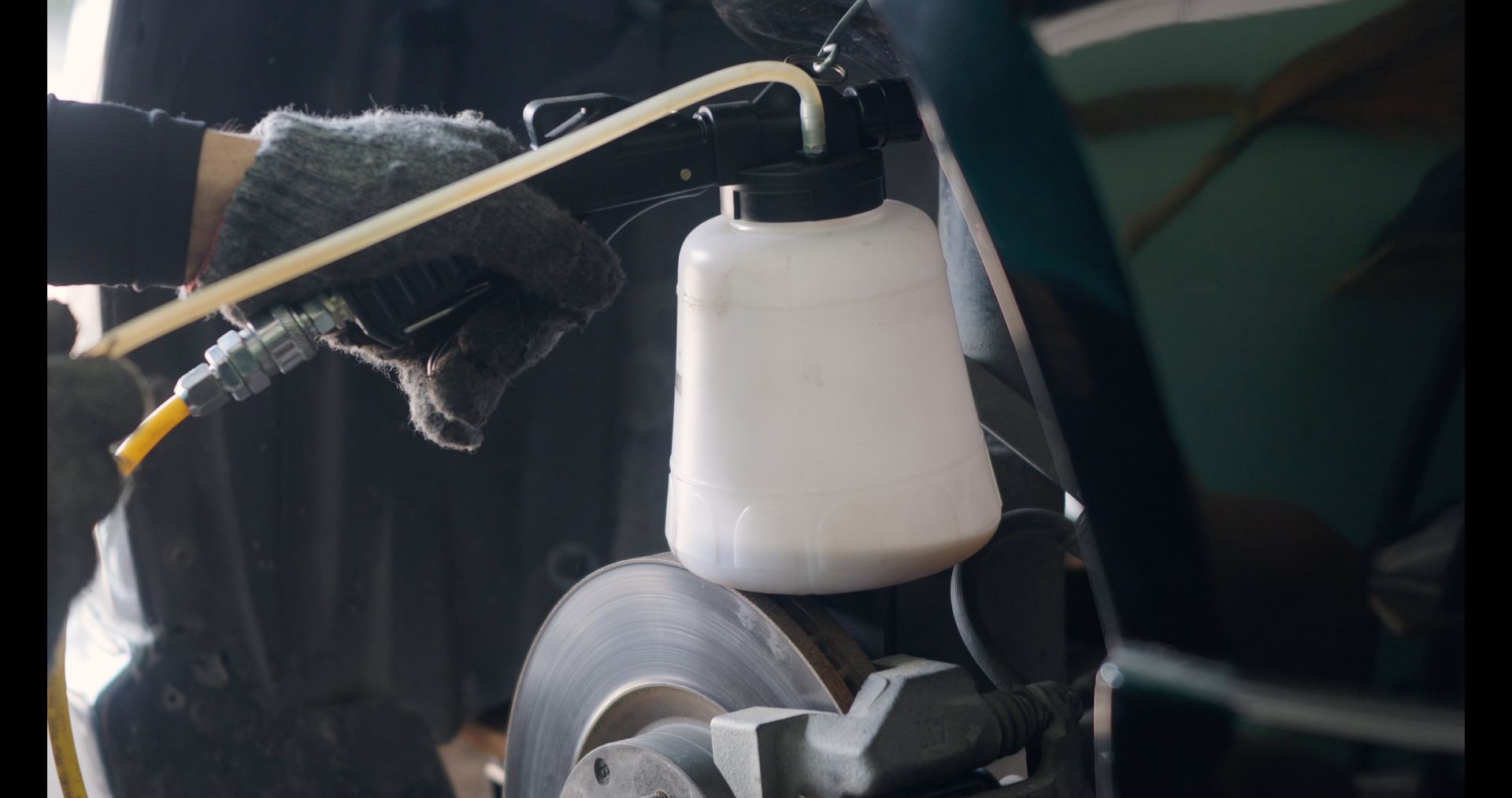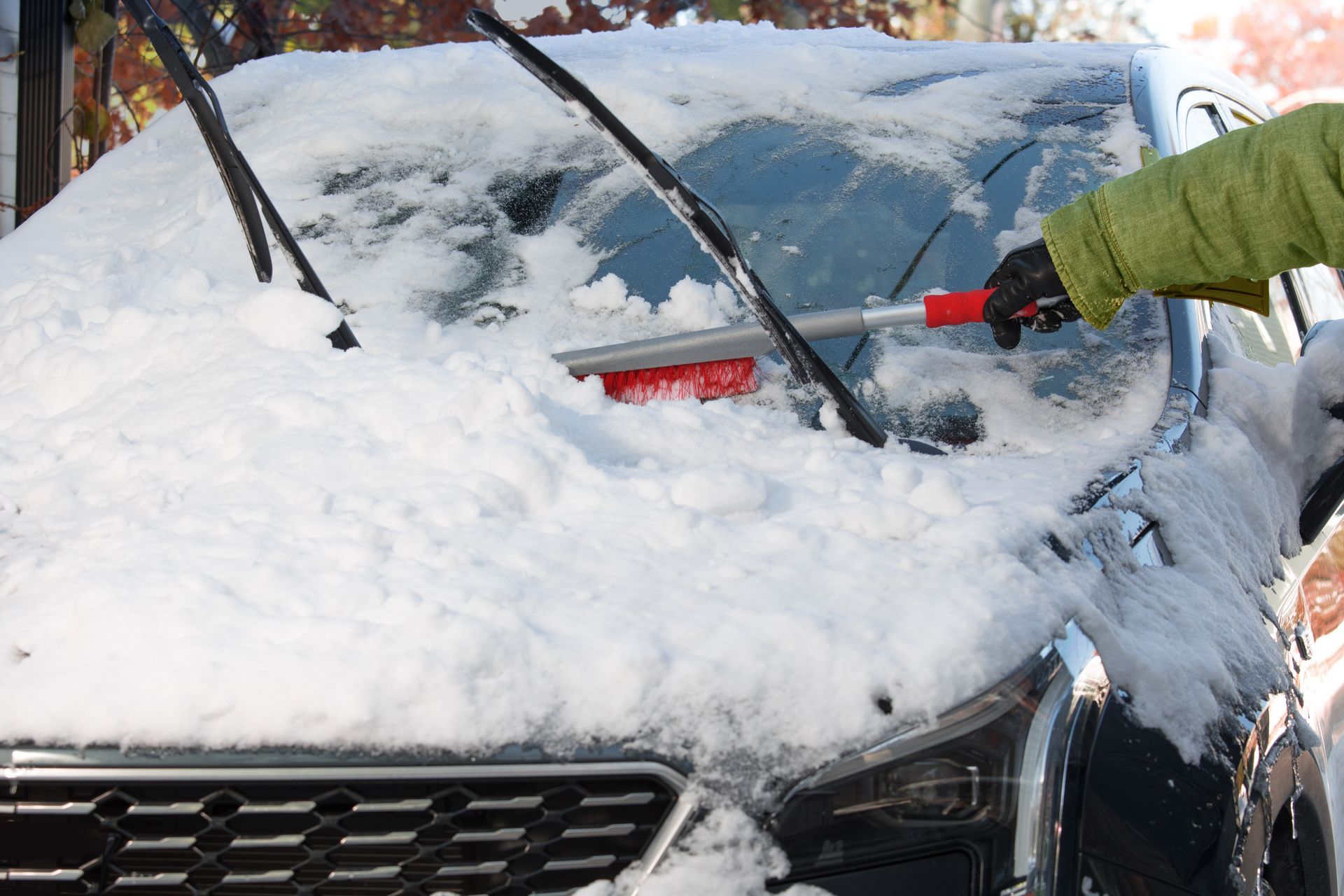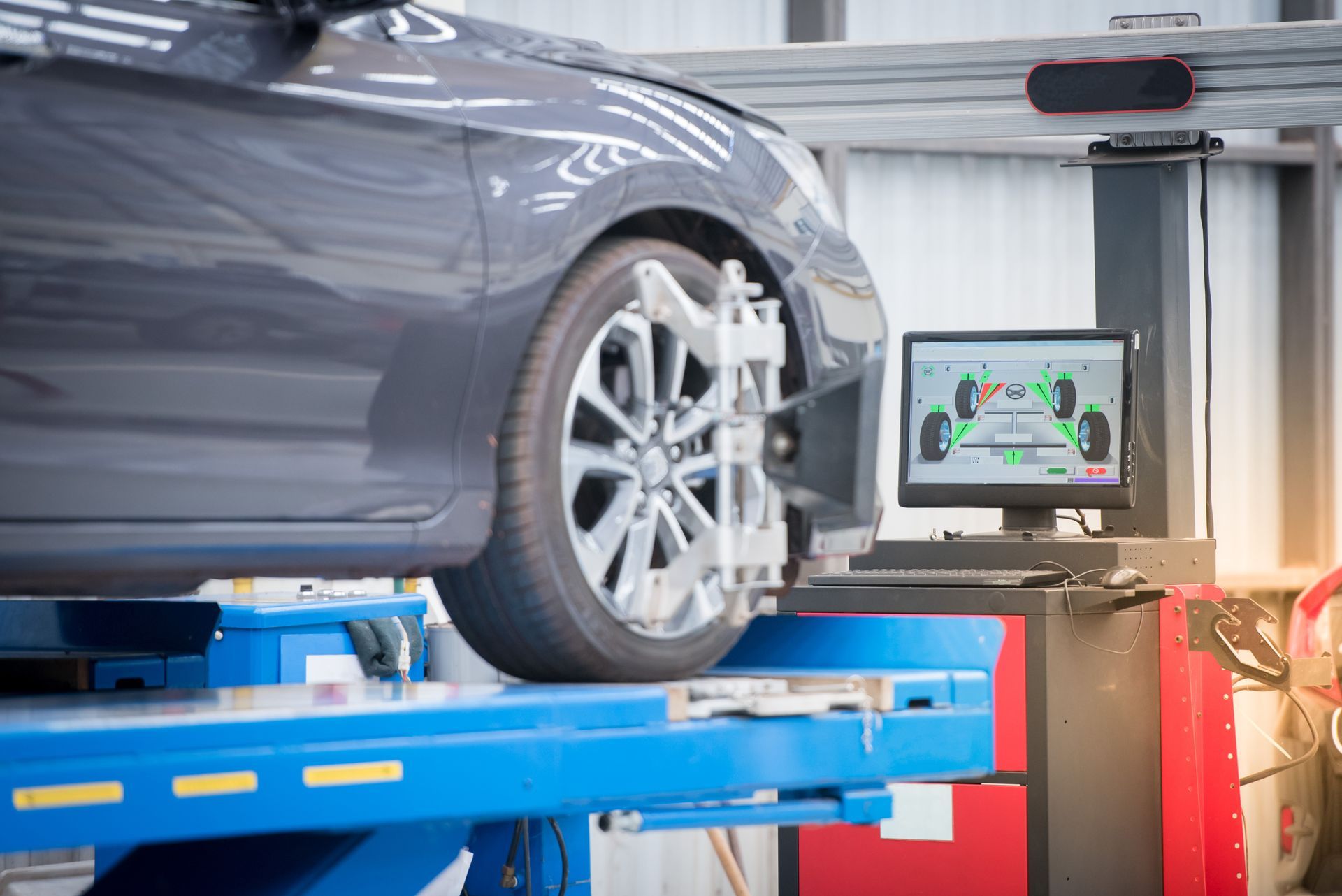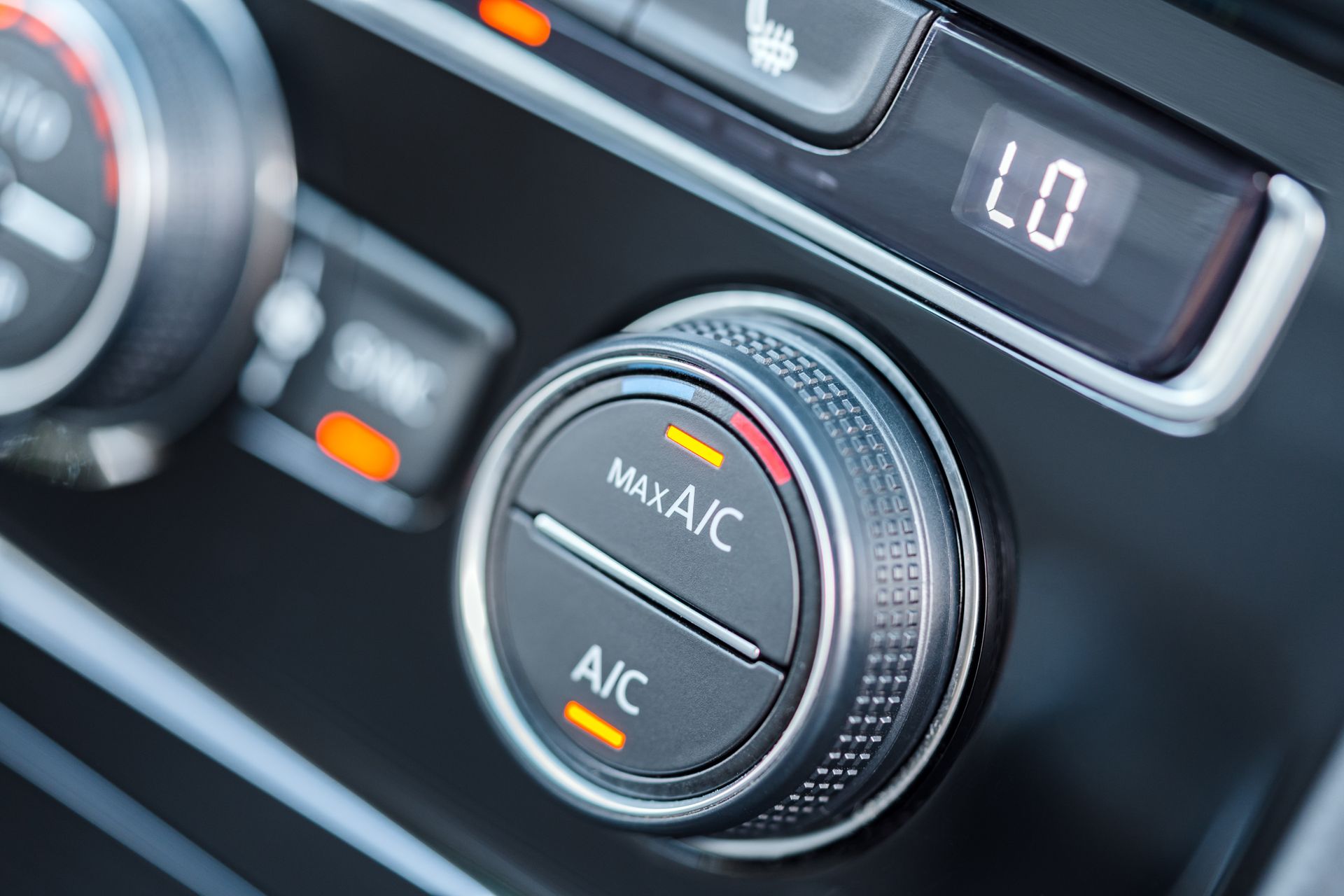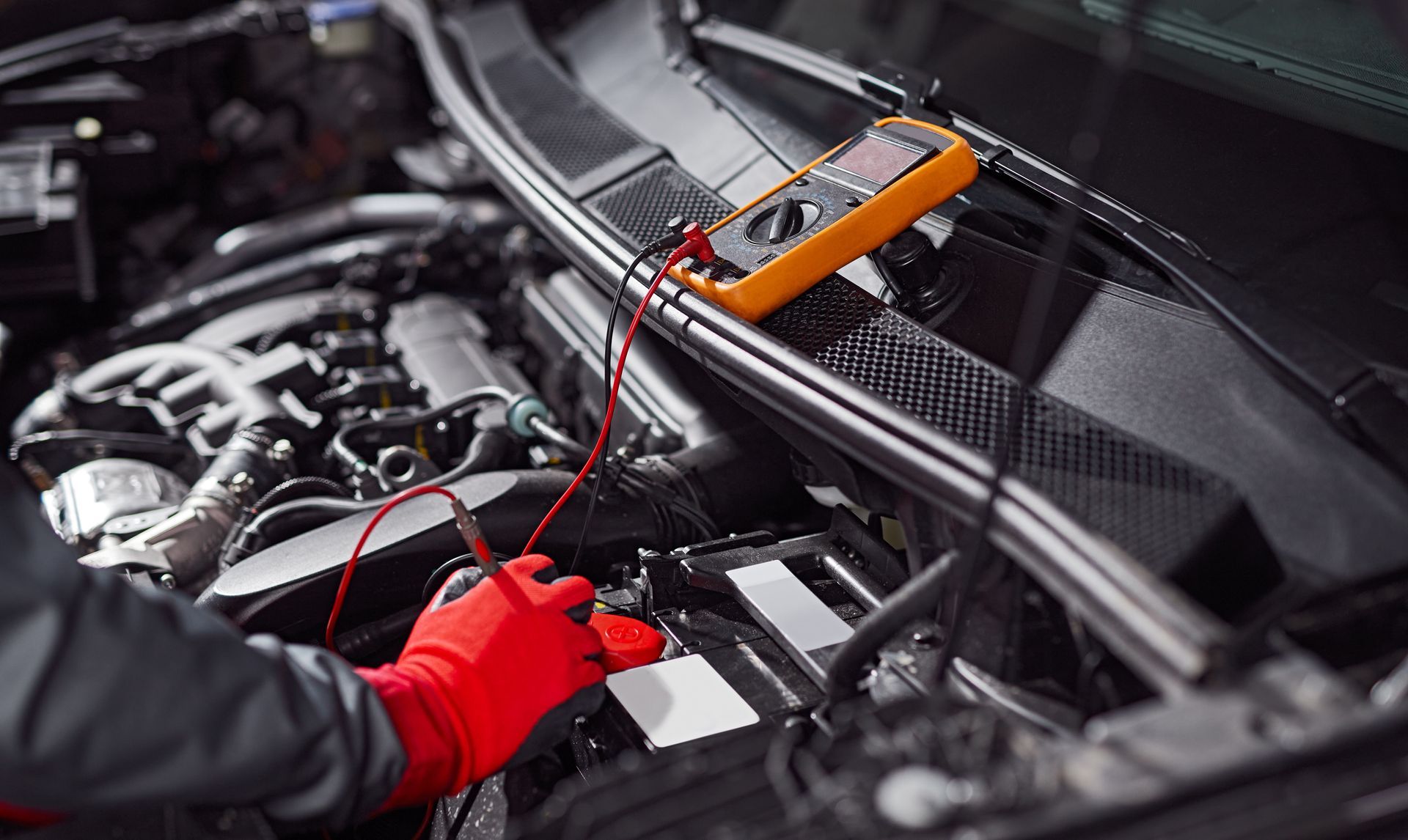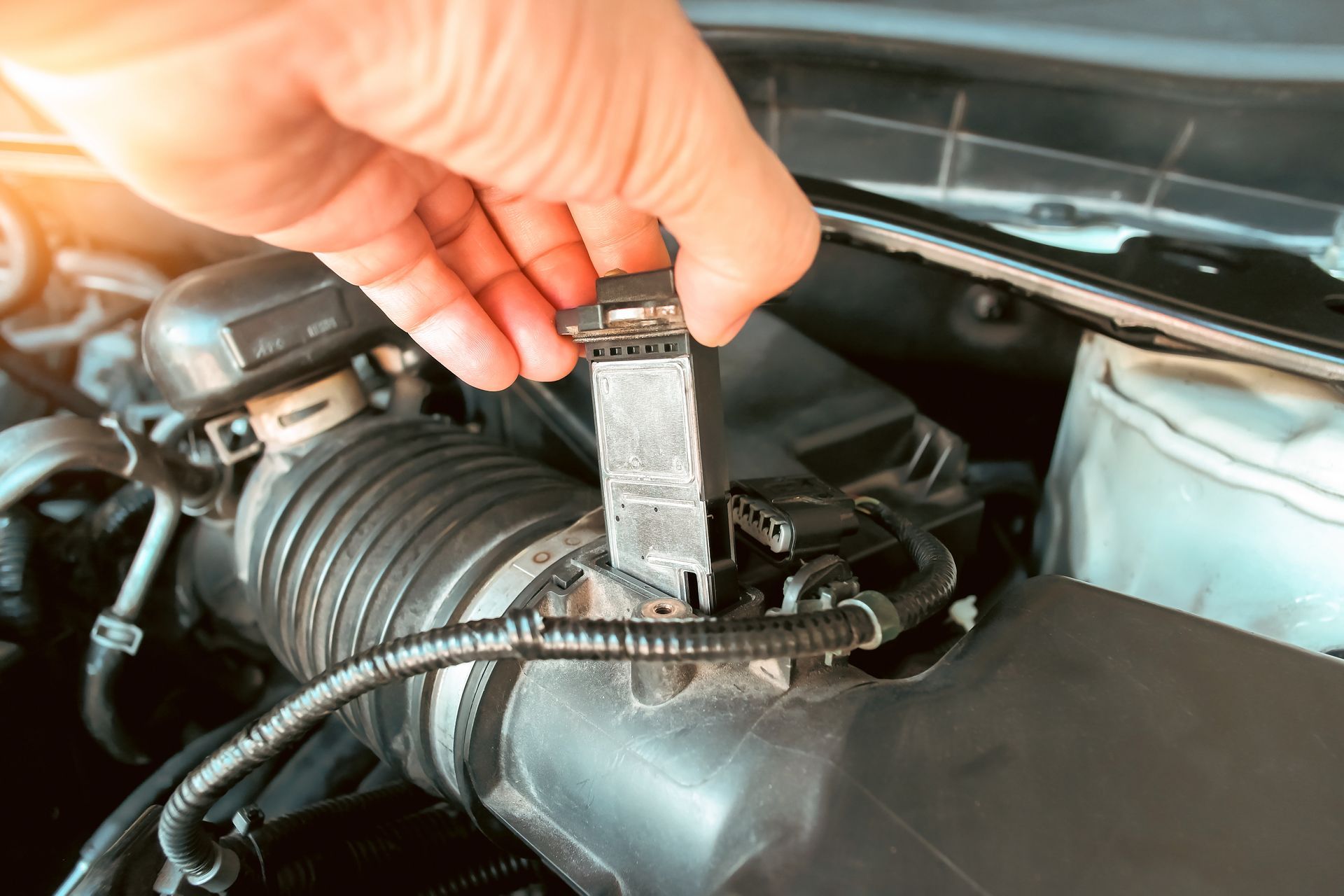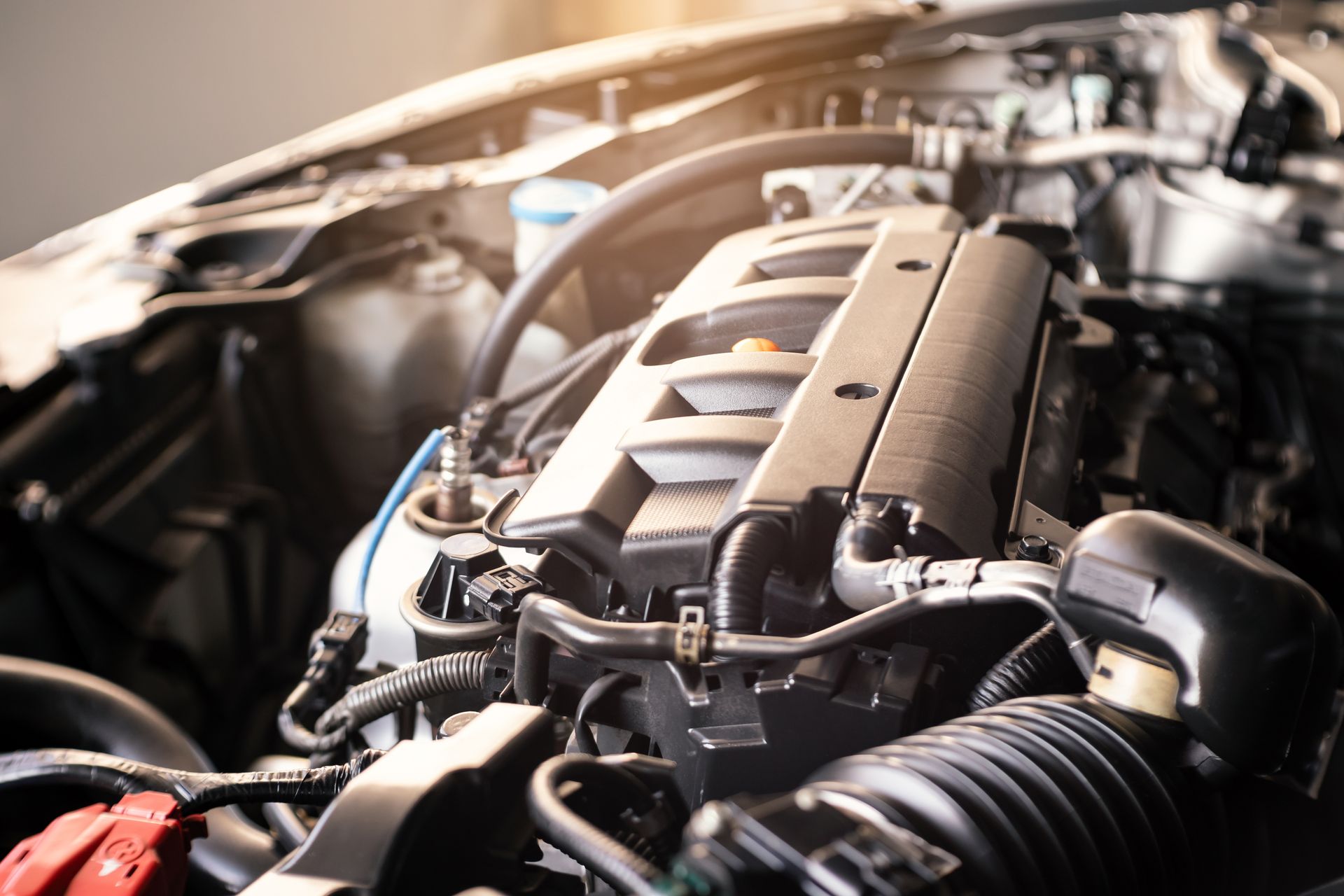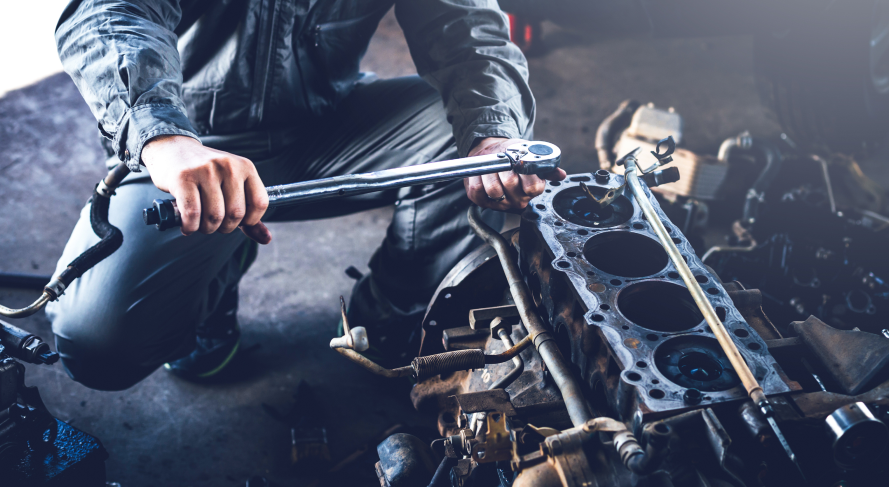
Driving is a daily activity for many, whether commuting to work, running errands, or embarking on a road trip. Amidst the convenience and necessity of driving, ensuring vehicle safety often takes a back seat. However, regular car safety inspections are crucial for maintaining roadworthiness, preventing accidents, and safeguarding both passengers and pedestrians.
Why Car Safety Inspections Matter
Car safety inspections are more than just a formality - they are a proactive measure to ensure your vehicle is in optimal condition. These inspections comprehensively assess various components, from brakes and tires to lights and fluids. By identifying potential issues early on, inspections help prevent mechanical failures that could lead to accidents on the road.
Ensuring Roadworthiness
One of the primary reasons for conducting regular safety inspections is to confirm that your vehicle meets legal and safety standards. In many regions, vehicles must pass periodic inspections to ensure they are safe to operate on public roads.
These inspections cover essential safety features such as brakes, headlights, taillights, turn signals, tires, and seat belts. Ensuring your vehicle passes these inspections not only keeps you compliant with the law but also minimizes the risk of accidents caused by faulty equipment.
Identifying Potential Safety Hazards
Car safety inspections are designed to detect potential safety hazards that may not be immediately apparent. Issues such as worn-out brake pads, leaking fluids, malfunctioning lights, or tire wear can compromise your vehicle's performance and safety. Addressing these issues promptly through inspections helps maintain optimal vehicle performance and reduces the likelihood of breakdowns or accidents.
Extending Vehicle Lifespan
Regular inspections can contribute to extending the lifespan of your vehicle. By identifying and addressing minor issues before they escalate into major problems, you can prevent costly repairs down the road. Routine maintenance, which often includes inspections, ensures that components are functioning correctly and reduces wear and tear on vital parts of your vehicle.
Peace of Mind for Drivers
Beyond the technical aspects, car safety inspections provide peace of mind for drivers. Knowing that your vehicle has been thoroughly checked and is in good working condition enhances confidence while driving. It allows you to focus on the road ahead without worrying about unexpected mechanical failures or safety concerns.
Questions and Answers About the Safety Inspections
Q1: How often should I get a car safety inspection?
A1: It's recommended to have your vehicle inspected at least once a year or according to your state or country's regulations. Inspections are recommended before long trips or during seasonal changes.
Q2: What happens during a car safety inspection?
A2: During an inspection, trained technicians assess various components such as brakes, tires, lights, steering, suspension, and more. They look for wear, damage, and leaks and ensure everything meets safety standards.
Q3: Can I perform a safety inspection on my own vehicle?
A3: While basic checks like tire pressure and fluid levels can be done at home, a qualified technician should conduct a comprehensive safety inspection to ensure thoroughness and accuracy.
Don't wait for problems to arise. Visit Rocky Mountain Car Care for a thorough car safety inspection and preventive maintenance.

